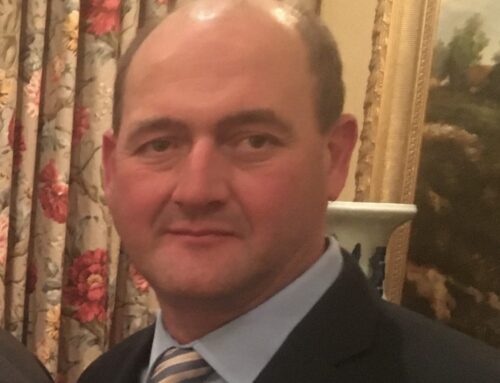Nashville: Media, public speak against proposed open records fee
The second of the three public hearings — this one in Nashville — on potential new fees to access public records drew another standing-room only crowd, with about 80 people crowded into the hearing room.
Of the 22 who spoke, only two said that news fees should be allowed in the law. Those two were a representative for the Nashville Electric Service and the finance director for the City of Mt. Juliet.
The rest who spoke included a cross-section of well-known and longtime journalists, as well as several citizens, the state president of the League of Women Voters-Tennessee, and one state lawmaker, state Rep. Mark Pody, R-Lebanon.
More details in news coverage:
The Tennessean: Media, public speak against proposed open records fee.
WPLN: Plan to charge Tennesseans to see public records criticized at hearing
WSMV: Most oppose new public records charges in Tennessee hearing
An excerpt from The Tennessean:
Charging the public any additional fee for already public records is burdensome, unnecessary and creates a barrier to governmental transparency, media organizations and citizens said during a public hearing Wednesday.
Conservative public officials and liberal public activists joined local media organizations, including The Tennessean and many other Nashville media organizations, to speak against a proposed new fee to view public records. More than 80 people packed the downtown Nashville conference room, with only two of the 22 public speakers supporting the idea of a new fee.
“Intentionally or unintentionally, we think fees would choke off access to public records,” said Deborah Fisher, head of the Tennessee Coalition for Open Government.
Government agencies may charge for the time and copying costs related to providing a records request, as long as the person making the request wants physical copies of the requested documents. If the person wants to inspect and take notes from those documents, the public agency can’t charge an inspection fee; typically public agencies will prevent someone from making their own copies or taking photographs of documents.
State lawmakers are discussing a measure that would create an inspection fee. That’s wrong and serves as something of a “poll tax” for the citizens who can’t afford to access records they’ve already spent tax money to create, said Marian Ott, president of the League of Women Voters of Tennessee.
It’s rare that such an issue will bring together people from across the political spectrum, noted Justin Jones, a student at Fisk University and advocate for Insure Tennessee. Jones argued how important it is for the public to have access to its records, a similar argument to one made earlier by Susan Curlee, a Williamson County school board member and outspoken conservative.
“If there’s nothing to hide, why hide it?” said Curlee, who was at the center of a recent public records battle in Williamson County.
Reporters, editors and anchors from multiple Nashville news outlets discussed projects that relied on public records. When a journalist asks for records, they’re asking as a “proxy of the public,” said longtime WSMV anchor Demetria Kalodimos. The public already pays to create the documents and the salaries for those who compile requests, so why should they pay another fee to look at the records, said Andrea Zelinski, news director for the Nashville Scene and president-elect for the local chapter of the Society of Professional Journalists.
Maria De Varenne, news director for The Tennessean, said the news organization had to file a lawsuit when the Department of Children’s Services tried to charge more than $55,000 for records related to the deaths of children.
“We eventually spent thousands of dollars for copies of those records, but it was still only a fraction of what the state originally tried to charge us,” DeVarenne said.
“If the state had charged inspection fees on top of the copying charges, you can imagine how prohibitive that would be for a citizen or smaller media company.”

